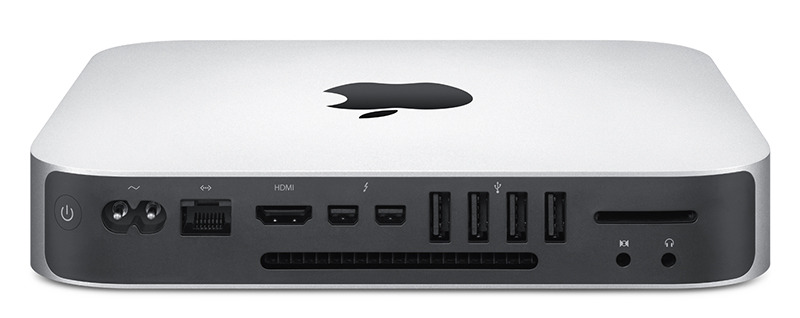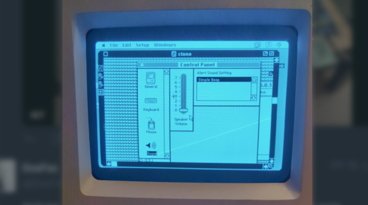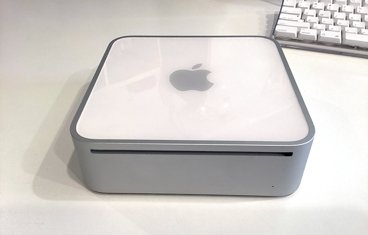Apple breaks Mac Ethernet port with security update, issues fix
Last updated
In response to customer complaints regarding a recent kernel extension update that rendered the Ethernet port on iMac, MacBook Pro and Mac mini computers inoperable, Apple on Sunday issued a fix in revised software and step-by-step installation guide.
As noted in a support document published today, certain Mac users were hit by Ethernet connectivity issues after the company sent out a quiet software update containing a flawed "Incompatible Kernel Extension Configuration Data" version. AppleInsider readers affected by the bug note the update went out on Friday.
Apple addressed the issue in a subsequent update that will automatically download and install via Wi-Fi. First, users can check the version number of their Mac's Incompatible Kernel Extension Configuration Data software, accessible in System Information under Software. If the most recent installed version is 3.28.1, and the Mac is able to connect to Wi-Fi, open the Terminal app and type in sudo softwareupdate --background to force an update to version 3.28.1. Quit Terminal and restart the machine.
For those unable to connect to a wireless network (likely the same people who noticed their Ethernet was non-functional) the company offers instructions on how to restore the latest kernel extension version manually.
First, start the affected Mac in OS X Recovery mode, select Disk Utility from OS X Utilities and select the main drive from list of internal drives. Launch Terminal and enter the following command to delete the current kernel extension file: rm -rf "/Volumes/Macintosh HD/System/Library/Extensions/AppleKextExcludeList.kext". Note that a Mac's drive name might be different depending on personal configuration. Quit Terminal and restart the machine.
An Ethernet connection should be functional at this time, but users are urged to download the latest Incompatible Kernel Extension Configuration Data version 3.28.2 software by opening Terminal and entering in sudo softwareupdate --background. Quit Terminal and restart once more to finalize the install procedure.
Alternatively, Mac owners who don't have critical data saved on their hard drive can solve the problem by reinstalling OS X via Recovery Mode.
 AppleInsider Staff
AppleInsider Staff








 Amber Neely
Amber Neely
 Thomas Sibilly
Thomas Sibilly

 William Gallagher
William Gallagher
 Malcolm Owen
Malcolm Owen
 Christine McKee
Christine McKee










33 Comments
The solution is, on average, as horrific in its complexity as the carelessness of the update requiring it.
The article states: "If the most recent installed version is 3.28.1, and the Mac is able to connect to Wi-Fi, open the Terminal app and type in
sudo softwareupdate --backgroundto force an update to version 3.28.1.”Shouldn’t this say “to force an update to version 3.28.2”?
Wait, Apple can push out updates that install without my approving them?
The level of fail here is so high I couldn't find a meme offensive enough to express it.
Poor show, Apple.